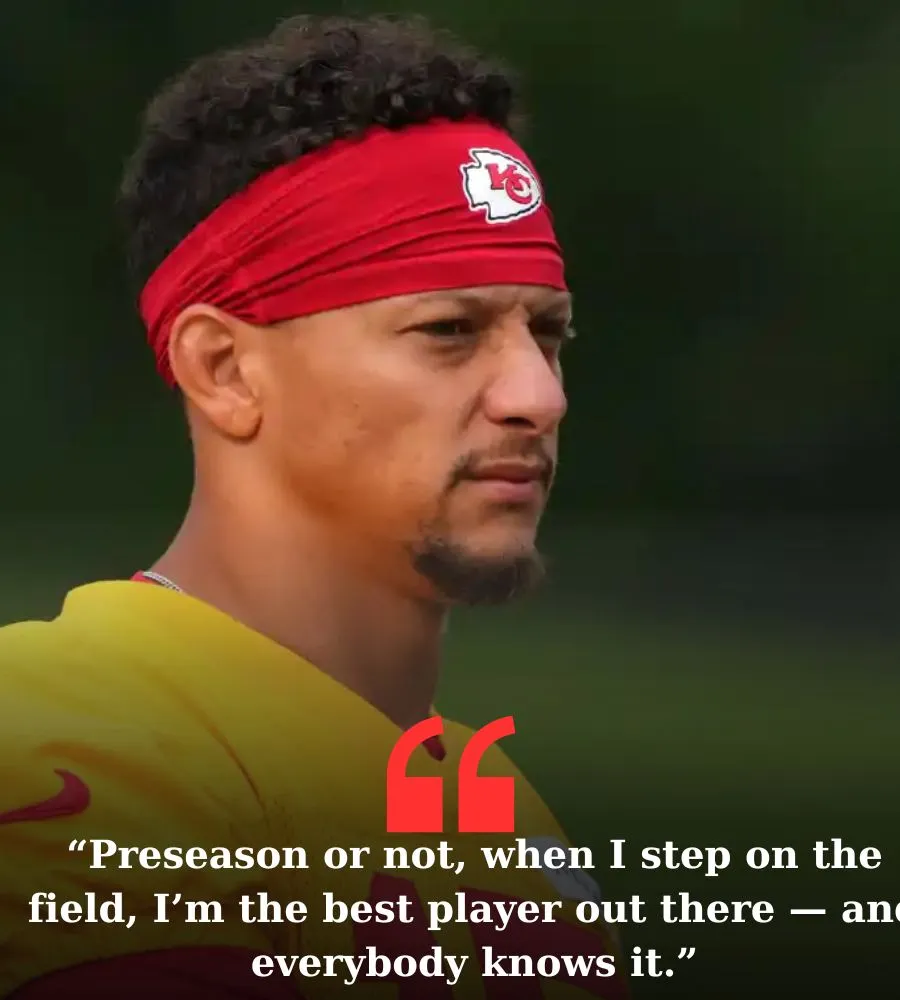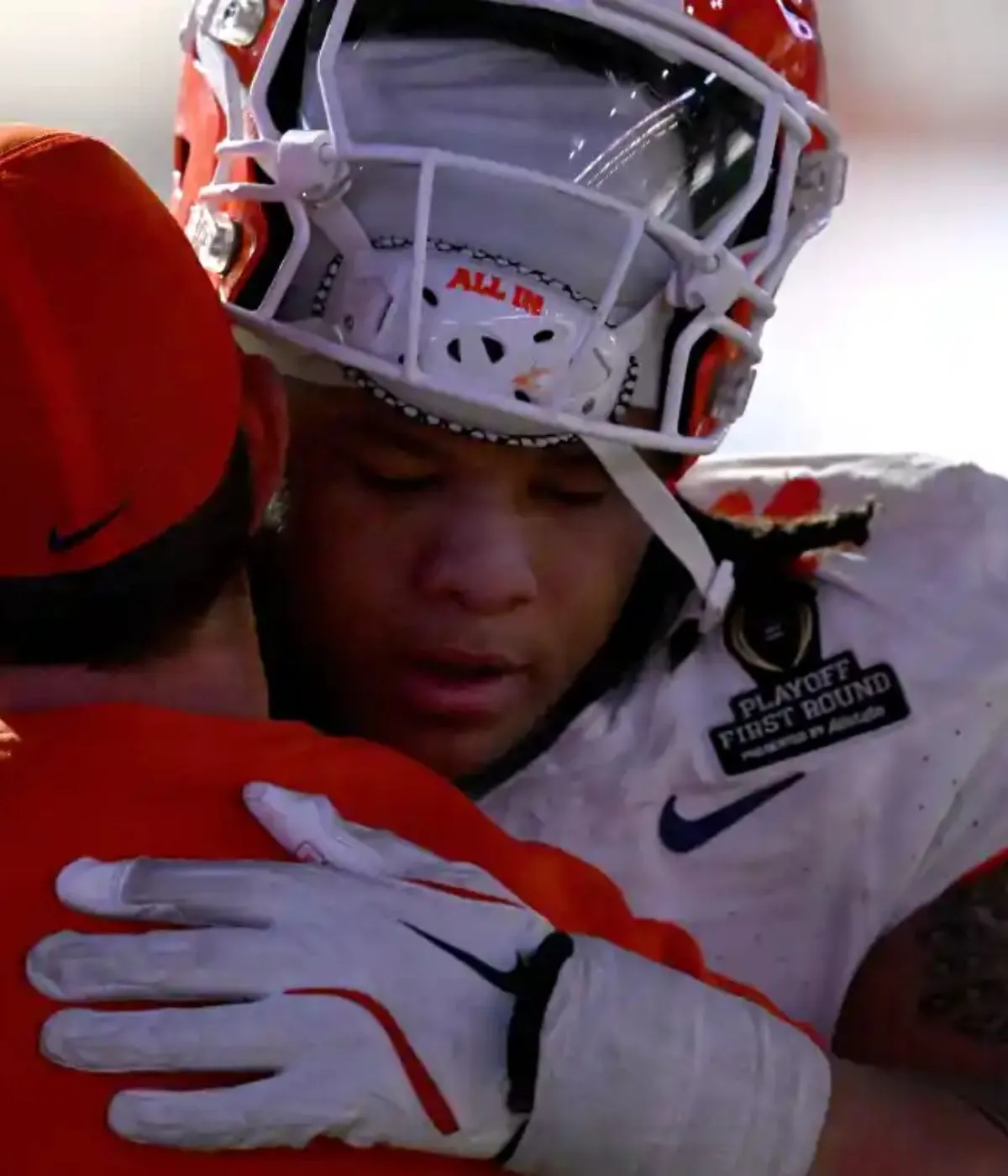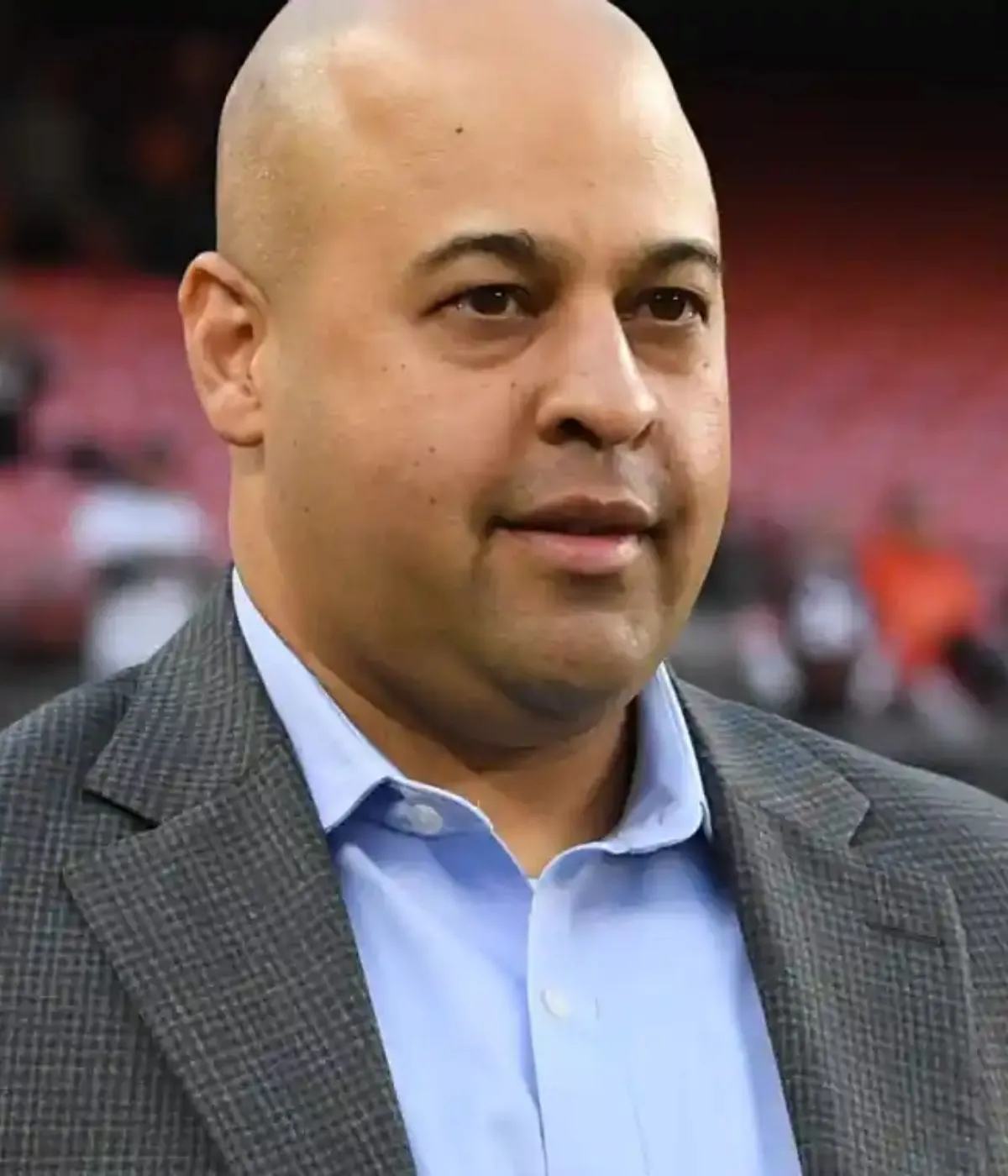
Muhammad Ali was as surprised to be speaking to Harvard’s Class of 1975 as they were.
“You never could have made me believe years ago when I got out of high school with a D-minus average,” Ali told the sold-out crowd of 1100 attendees at the now-demolished Burden Auditorium at Harvard Business School.
Over the course of the next 30 minutes, Ali captivated the crowd with personal stories and his own opinions on the pressing political issues of the time, including the fight for racial equality and the war in Vietnam, which ended weeks before Ali took the stage at Harvard in June 1975.
“I remember getting in there early so I could get a place in the front row,” Paul N. Samuels ’75 said. “And then I remember Ali coming in, and his whole spiel, his whole speech was hilarious, mesmerizing, spellbinding.”
“I’d seen him many times on TV, but to be in his presence, there was some really amazing, special aura about Muhammad Ali,” he added.
But Ali’s speech — which has had a lasting cultural influence and is remembered today for producing one of the shortest poems in the English language — almost never happened.
The Class of 1975 invited Ali to speak at the annual Class Day celebration after Mel Brooks and Bill Cosby declined invitations. But a few weeks later, Ali — who had regained his heavyweight championship title just months earlier after defeating George Foreman in the “Rumble in the Jungle” — informed the class committee that his training schedule would prevent him from coming to Cambridge, as he had to head to Kuala Lumpur to defend his title.
The Class of 1975 eventually invited the social satirist Dick Gregory to speak at Class Day, held for the graduating undergraduate class the day before the University’s Commencement. But Ali was able to reschedule his speech to a week earlier, albeit at the much smaller Burden Auditorium instead of the traditional Class Day venue of Harvard Yard.
The speech was a hit.
“To get something together to talk to these people, it’s gotta be pretty heavy,” Ali began. “So, I didn’t bring no notes with me.”
For thirty minutes, an animated Ali philosophized on friendship and racial tensions.
“I don’t do no Uncle Tom-ing. I don’t do no shuffling,” Ali said. “The Ali shuffle, but I don’t do the Tom shuffle.”
He then proceeded to perform the Ali shuffle — one of his signature moves from the ring — for the overflowing crowd.
John S. “Jack” Mills ’75 said it was Ali’s position as a political dissident that made his speech a “great honor.”
Ali, Mills said, was “a great boxer, but also a great wordsmith.”
“He said that he would never do the Uncle Tom shuffle,” Mills said. “Which meant to me that he would never act like he would diminish himself for white racists, and only do the Ali shuffle.”
In one of the speech’s most notable moments, someone in the crowd yelled at Ali to “give us a poem.”
What Ali said next is still unclear. The Crimson’s report from that day noted that Ali replied with “Me? Whee!,” while many observers have recorded Ali’s reply as “Me. We.” Ali’s response has been called one of the shortest poems in American history.
Samuels wrote in an email that fifty years later, “Ali’s Class Day speech remains very relevant and inspirational to this day.”
“His humor, optimism and belief that you can accomplish anything you want in life, as exemplified by his own experiences, are as uplifting now as they were then,” he added.

-1754040846-q80.webp)

